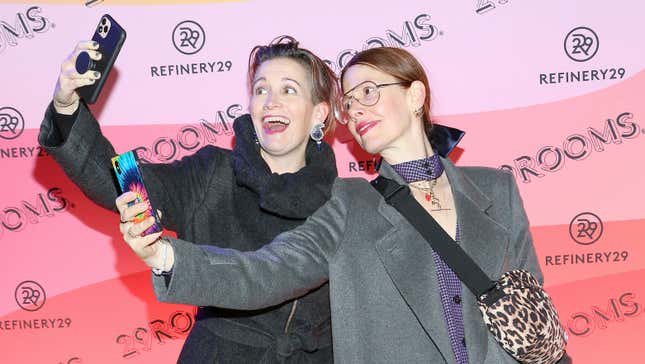The Racist Culture at Refinery29 Was Reportedly Really, Really Bad
Latest

Former Refinery29 employee Ashley C. Ford described her former workplace as “a toxic company culture where white women’s egos ruled the near non-existent editorial processes,” in a tweet. But Ford’s experience, which included being confused repeatedly with another black employee, seems to have been just the tip of the continent-sized racist iceberg at the women’s media outlet. Though the site’s editor-in-chief, Christine Barberich, stepped out of the role on Monday, a lengthy investigation by CNN describes a culture of racism throughout the organization that persisted despite the continued performance of intersectional feminism and allyship with the Black Lives Matter movement.
Former employees, who spoke with CNN, described a workplace that didn’t match R29’s outward-facing message of empowerment and inclusivity, a recurring theme in companies branded along with the “trend” of women’s empowerment. While R29 published pages and pages encouraging women to make themselves more visible in the workplace, ask for more money, and have conversations around race, its employees were reportedly encouraged to refrain from such actions. “Walking around that office when I worked there, it was very white, very straight,” a former producer told CNN.
-

-

-

-

-

-

-

-

-

-

-

-

-

-

-

-

-

-

-

-

-

-

-

-

-

-

-

-

-

-

-

-

-

-

-

-

-

-

-

-








































